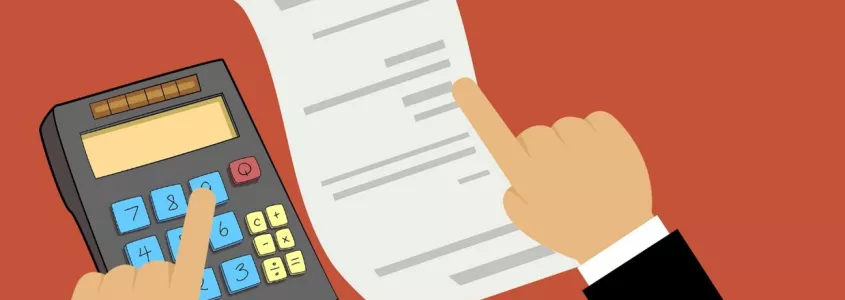
Table of contents
When a customer does not pay, as long as they do not fall within a contractual payment period, the first thing to do is to claim the debt. If you have a business relationship and do not receive payment after 30 days, you will need to request the debt by email or letter for a written record. If the debt is still unpaid, you will need to remind the customer that the law allows for the debt to be paid within 60 days; but if after this time payment is still not made, it is best to send a fax to the creditor as this is the first step in legal action. In this burofax you can specify that if you do not pay, you will have to be registered in ASNEF.
If the request is not answered, then you will have to go to court (commercial court, or the jurisdiction that corresponds to the debtor). If you appear in court for less than €2,000 in a payment order, you can appear in court without a lawyer or solicitor. But when the amount of the claim is high, whether it is the defendant who opposes repayment or does not repay the debt and needs to enter into enforcement proceedings, the assistance of these professionals is required. This procedure is very valuable in an out-of-court settlement attempt and it is therefore advisable to hire a civil lawyer.
The claim to collect your unpaid invoices can be made through a judicial procedure called proceso monitorio, which can be relatively simple and quick. It can be used to claim all kinds of debts, whether between companies, self-employed or individuals, as long as they are accredited by means of a document commonly used in commercial transactions (invoices, delivery notes, etc.). Its main objective is to speed up the collection of outstanding debts.
In this case, all documents related to non-payment and late payment must be collected before the commencement of the payment order procedure.
After issuing the payment order, the court will notify the debtor of his obligation to pay the debt and offer him 20 working days to pay or object to the order. In case the offender fails to pay and the requirements are not met, the judge will order the confiscation of the debtor.
When is an invoice considered unpaid?
When invoicing a customer for a service or for a sale of goods, there should generally be a due date in addition to the date on which the invoice was issued. If the invoice is to be paid immediately, it is not necessary to specify the due date, on the understanding that the issuing of the invoice is closely related to the creditor's right to immediate payment. If an invoice is not paid within the due date, the invoice is deemed not to have been paid and we are entitled to recourse.
How can I avoid non-payment of an invoice?
- Change the method of payment. This may be a rather drastic decision, but it is usually the most successful way to avoid unpaid invoices.
- Generally, bank receipts are the payment method with the most outstanding payments accumulated in a company, so setting up a bank transfer as a payment method can be an effective solution.
- Limit the risks granted. We can also choose to take a lower risk if we do not want to change the method of payment we grant to our customers. In this case, to limit the non-payment of invoices, we can reduce bank charges and progressively increase the risk in case a customer shows solvency and has no collection events.
- Use a B2B notebook. This is an impossible non-payment bank receipt because it is signed by both parties at the bank and there is no option to return the receipt for up to 60 days, as with other CORE-type bank charges.
What should the invoice contain?
It is important to remember that all invoices must include specific information about the customer and the company that issued the invoice in order to be valid, including their name, telephone number and address.
The customer's email address is also important as well as the company name and country. It should also include information related to the transaction, so it is necessary to include the date and time of the sale and the exact amount, just as the company should have records in order of everything, including the invoices of its customers to perform the invoice collection process.
What happens if you win the case and the debt remains unpaid?
When this happens, there are several options besides using an online insolvency file to include the data of the defaulter. This is a very effective pressure gauge, as the credit standing of people who appear in this type of profile is greatly compromised. This is because thousands of companies from all sectors access this type of profile every day to check the financial viability of their potential customers. So if someone's details appear in one of these pre-defined files, it is likely that they will not have access to credit or finance in any form.

"Anywhere in Spain"
With our online appointment system you will have immediate advice without the need for face-to-face visits or travel.
One of our lawyers specialized in your area of interest will contact you to formalize an appointment and make your consultation by video call.

Add new comment